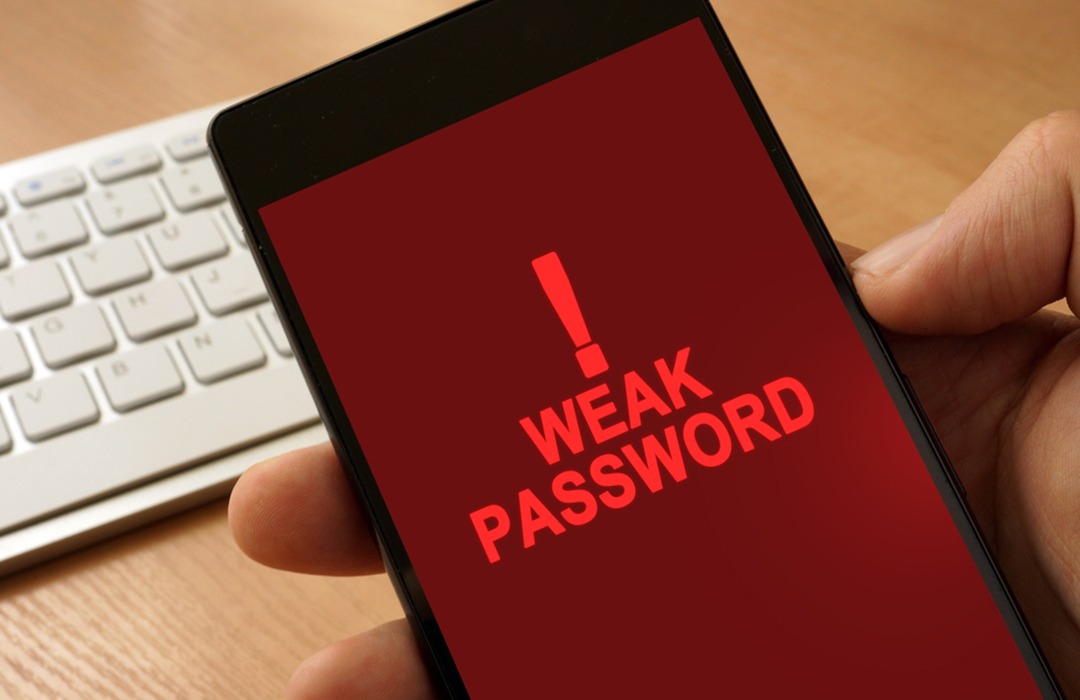
IT Support & SecurityWritten By: Suman Kumar Paul
Passwords are meant to secure our accounts. But how well does your chosen password secure you and your data? How confident are you that the bad guys will have a difficult time breaking into your personal and business accounts? Allow us to assist you in determining how simple it is for a hacker to guess your password.
In the digital world, your password is your first line of defense against cybercriminals. Nonetheless, it is something that we usually neglect and take for granted. To save time and energy, we generally use a single password across all of our accounts. Is it true? Using a single password for all accounts simplifies a hacker's job. So, what is the best method for managing passwords and safeguarding your accounts?
Here are some password guessing techniques cyber-criminals try to break into your accounts. Moreover understanding these techniques will help you in creating robust passwords:
• Dictionary-Based Attacks
Some cybercriminals are so dedicated that they will correlate your personal information with every word in the dictionary. To guess your passwords, they look through every potential phrase to pair with your details.
• Wild Guess
Cyber attackers are trained to extract as many details as possible from your public profile to generate a list of smart guesses for your password. They employ complex systems and techniques to eventually capture that one entry into your details.
• Shoulder Surfing
Sadly, some lurkers surreptitiously peek their heads out from behind your shoulder as you enter in your password, spying on what you enter and browse. Don't overlook them - always be careful of who can view your credentials in your surroundings.
• Brute-Force Attack
The attack comprises multiple hacking techniques that all require guessing passwords to gain access to the system. A brute force attempt is just an attacker guessing a user's password depending on significant evidence; but, they can be more complicated than that. Credential recycling, for example, is based on the idea that many users repeat their passwords, many of which have been compromised in earlier data breaches. Hackers employ reverse brute force attacks to guess usernames linked with some of the most widely used passwords. Most brute force attacks employ automated processing, which allows a large number of passwords to be fed into a system.
• Phishing
Be watchful about unexpected emails in your inbox; it can be a phishing attack. These could be traps sent by cybercriminals to trick you into clicking and opening harmful files designed to capture your confidential details. So be concerned about getting scammed into receiving an email claiming to be the winner of a brand new car and tapping on links.
Understanding the above password hacking tactics one can easily say whether their accounts are safe and protected.
Tips To Create Strong Passwords
• Always create passwords with at least 8 characters
• Makes sure to use multiple lowercase, uppercase, numbers, and special characters
• Never use personal info in your password
• It is better not to use real words
• Random passwords eliminate hacking risks
Final Words
We believe that implementing Multi-Factor Authentication is the best approach to safeguard your accounts. As a result, even if hackers guess your passwords, they will still require a real-time authenticator to access your accounts. If you need assistance to scale up extra protection for your personal and professional accounts, kindly contact us for the best IT security solutions and services.
TAGS - data security service it risk management managed security service information security management services best it security solutions cyber security service providers security
See Also - What Is Cloud Backup and How Does It Work?